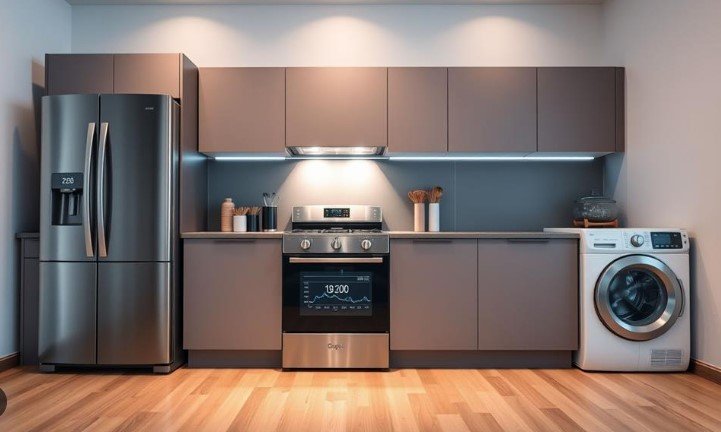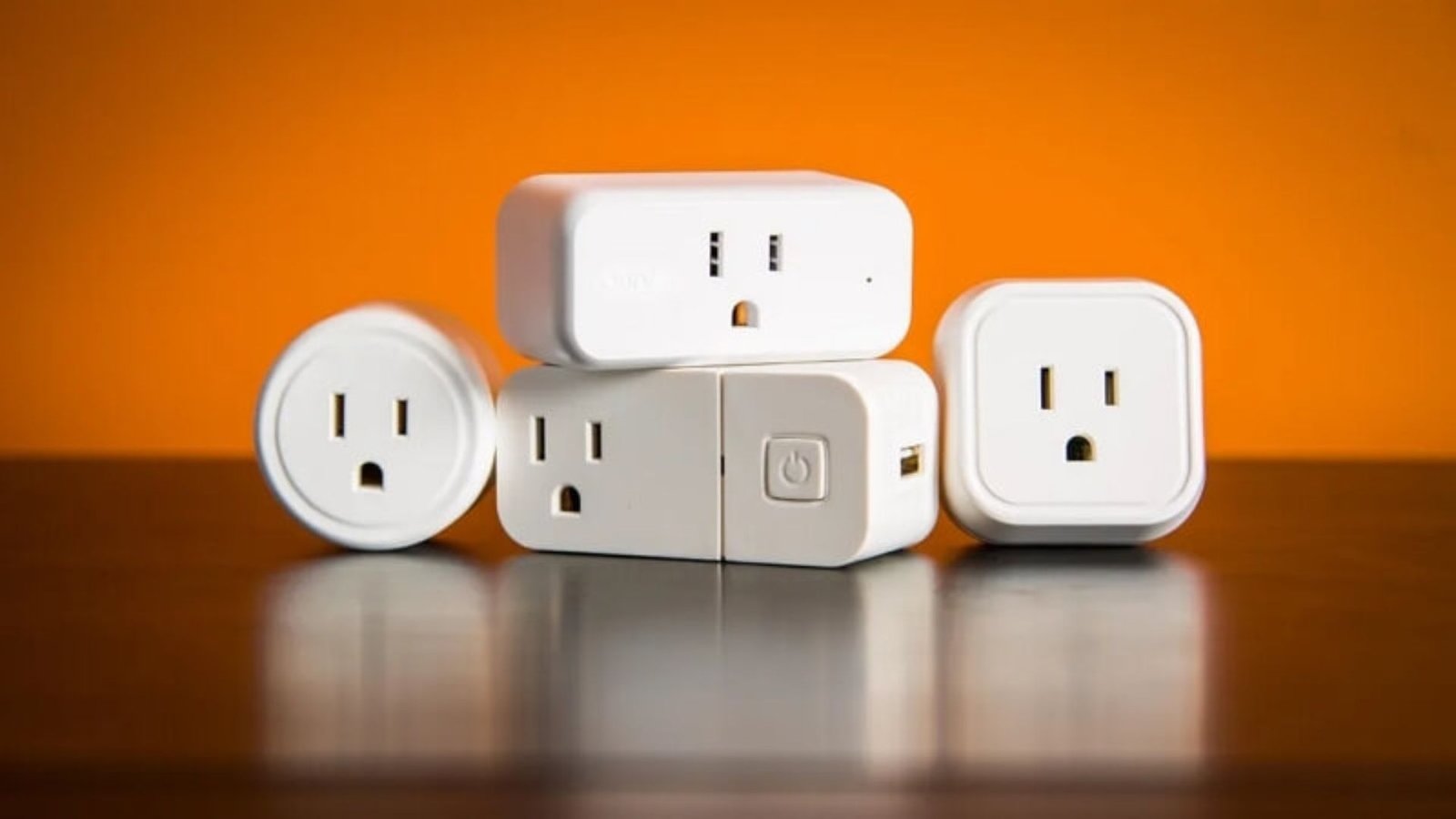The rise of smart appliances has significantly transformed our daily lives. These devices offer convenience, efficiency, and automation in ways we never imagined a few decades ago. From refrigerators that monitor food stock to washing machines that you can control remotely, smart appliances are changing how we live. In this blog, we’ll explore the rise of smart appliances, their impact on households, and how they improve daily tasks.

What Are Smart Appliances?
Smart appliances are household devices that connect to the internet and can be controlled or monitored remotely using a smartphone or voice assistant. These devices are equipped with sensors, Wi-Fi connectivity, and AI technology, making them more intelligent than traditional appliances. For example, smart fridges can track inventory, order groceries, and even suggest recipes based on what’s inside.
These appliances improve convenience, save time, and optimize energy use. They are also designed to communicate with each other, creating an integrated smart home system. For instance, you can set your smart thermostat to adjust the temperature while your smart vacuum cleans the house. With these innovations, smart appliances are becoming a natural part of modern living.
The Growing Popularity of Smart Appliances
The popularity of smart appliances has grown rapidly in recent years. One of the driving factors behind this growth is the increasing demand for convenience. People are looking for ways to make their lives easier, and smart appliances offer just that. In addition, as technology advances, the cost of these devices has decreased, making them more accessible to a broader audience.
Another key reason for their rise is the integration of voice assistants like Amazon Alexa, Google Assistant, and Apple’s Siri. These voice-controlled systems have made it easier to interact with appliances. Whether you want to turn on your oven or adjust your washing machine settings, voice commands make these tasks hands-free and hassle-free.
How Smart Appliances Improve Efficiency
Efficiency is one of the main benefits of smart appliances. Many smart devices are equipped with features that help reduce energy consumption. For instance, smart thermostats learn your schedule and adjust the heating or cooling based on your preferences, preventing unnecessary energy use when you’re away. Similarly, a smart washing machine can adjust water levels depending on the load size, saving both water and electricity.
Smart appliances also streamline daily tasks, making household chores more efficient. You can schedule your washing machine to run at a specific time, or monitor the progress of your laundry remotely. The automation offered by these devices saves time, allowing you to focus on other important tasks in your day.
The Future of Smart Appliances
The future of smart appliances looks promising. As technology continues to advance, we can expect even more sophisticated features. For example, appliances may become even more integrated into the Internet of Things (IoT), communicating seamlessly with each other to create a smarter home environment. AI-powered appliances could learn from user habits and adjust settings automatically for improved performance.
Additionally, with the rise of sustainability, many manufacturers are focusing on creating eco-friendly smart appliances. These appliances aim to reduce energy consumption and minimize waste, contributing to a more sustainable lifestyle. From refrigerators that monitor food freshness to dishwashers that optimize water usage, the future holds endless possibilities for smart technology in the home.
Conclusion
The rise of smart appliances in everyday life has revolutionized how we manage our homes. These appliances offer greater convenience, efficiency, and connectivity, making everyday tasks easier and more enjoyable. As technology continues to evolve, smart appliances will become even more integrated into our lives, offering advanced features and contributing to a more sustainable future. Embracing these innovations can make your home smarter, more energy-efficient, and better equipped to meet the demands of modern living.











